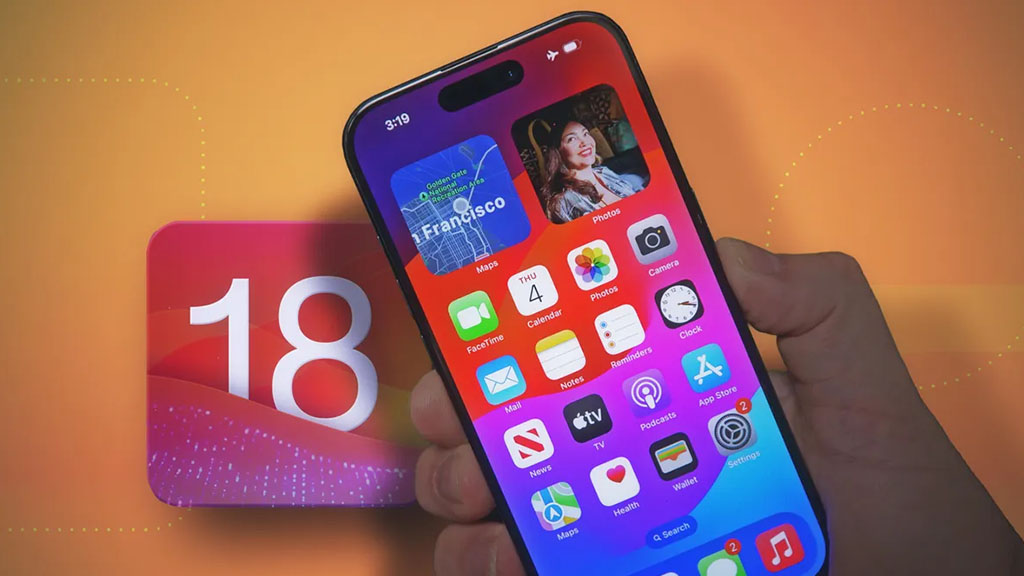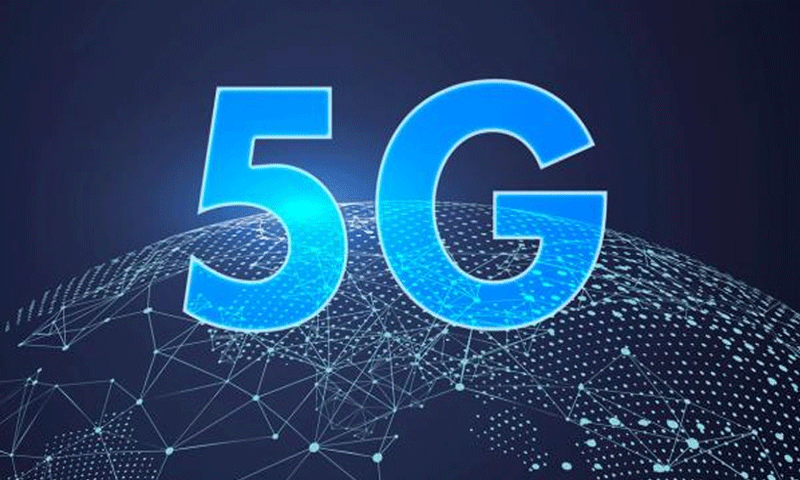- Web
- Yesterday
Apple’s AI features may not function on every iPhone with iOS 18
-

- Web Desk
- Jun 06, 2024

WEB DESK: Apple is gearing up for a substantial overhaul in its upcoming iOS 18, with a significant focus on Artificial Intelligence (AI).
However, reports indicate that certain new features may not be accessible on older iPhone models, even if they are listed as compatible with the latest operating system.
The anticipated AI advancements in iOS 18 are said to unfold in two phases: basic AI functionalities designed to operate locally on the device, and more advanced capabilities necessitating interaction with Apple’s servers.
Central to these enhancements lies the revamped Siri. Engineers at Apple have undertaken a substantial restructuring of Siri’s foundational software, employing large language models (LLMs) as the underlying algorithm for generative AI.
According to insights from Bloomberg’s Mark Gurman, this overhaul will empower Siri to undertake an array of tasks, including opening specific documents, organising notes into folders, deleting emails, summarising articles, and sharing web links via email. Apple intends to harness AI to analyze user behavior on their devices, automatically activating these features as needed.
Apple’s proprietary LLM is expected to handle fundamental AI tasks entirely on-device, leveraging the processing power of the iPhone rather than relying on cloud resources.
While the precise criteria for classifying tasks as basic remains undisclosed, the LLM reportedly incorporates logic to determine whether a request can be processed locally or requires server interaction.
Gurman’s insights suggest that on-device AI capabilities will predominantly require an iPhone 15 Pro or newer models to function optimally. Despite this, speculations indicate that iOS 18 will maintain compatibility with the same iPhone models as its predecessor, iOS 17.
Consequently, users can anticipate iOS 18 support for a wide range of iPhone models, albeit with potential limitations on certain on-device AI features.
The list of iPhones expected to support iOS 18 includes:
– iPhone 15
– iPhone 15 Plus
– iPhone 14
– iPhone 14 Plus
– iPhone 14 Pro
– iPhone 14 Pro Max
– iPhone 13 series
– iPhone 12 series
– iPhone 11 series
– iPhone XS series
– iPhone XR
– iPhone SE (2nd and 3rd generation)
Additionally, both iPadOS 18 and macOS 15 are poised to integrate similar AI functionalities. Gurman suggests that Macs and iPads will require at least an M1 chip to leverage on-device AI capabilities.
This implies that Apple silicon-based Macs are essential for macOS 15’s on-device AI, while iPads older than the fifth-generation iPad Pro may lack support for such features in iPadOS 18.
While the exact hardware specifications necessary for Apple’s on-device AI remain somewhat ambiguous, observations suggest a potential correlation with RAM capacity. Notably, standard iPhone 15 models not designated for support boast 6GB of RAM, whereas the supported Pro models feature 8GB.
Similarly, all Apple Silicon-based iPads and Macs are equipped with a minimum of 8GB of RAM. Given the memory-intensive nature of LLMs, this disparity in RAM capacity may pose a challenge, underscoring the hardware limitations confronting Apple’s ambitious AI endeavors.
Read next: What to expect from iOS 18?




